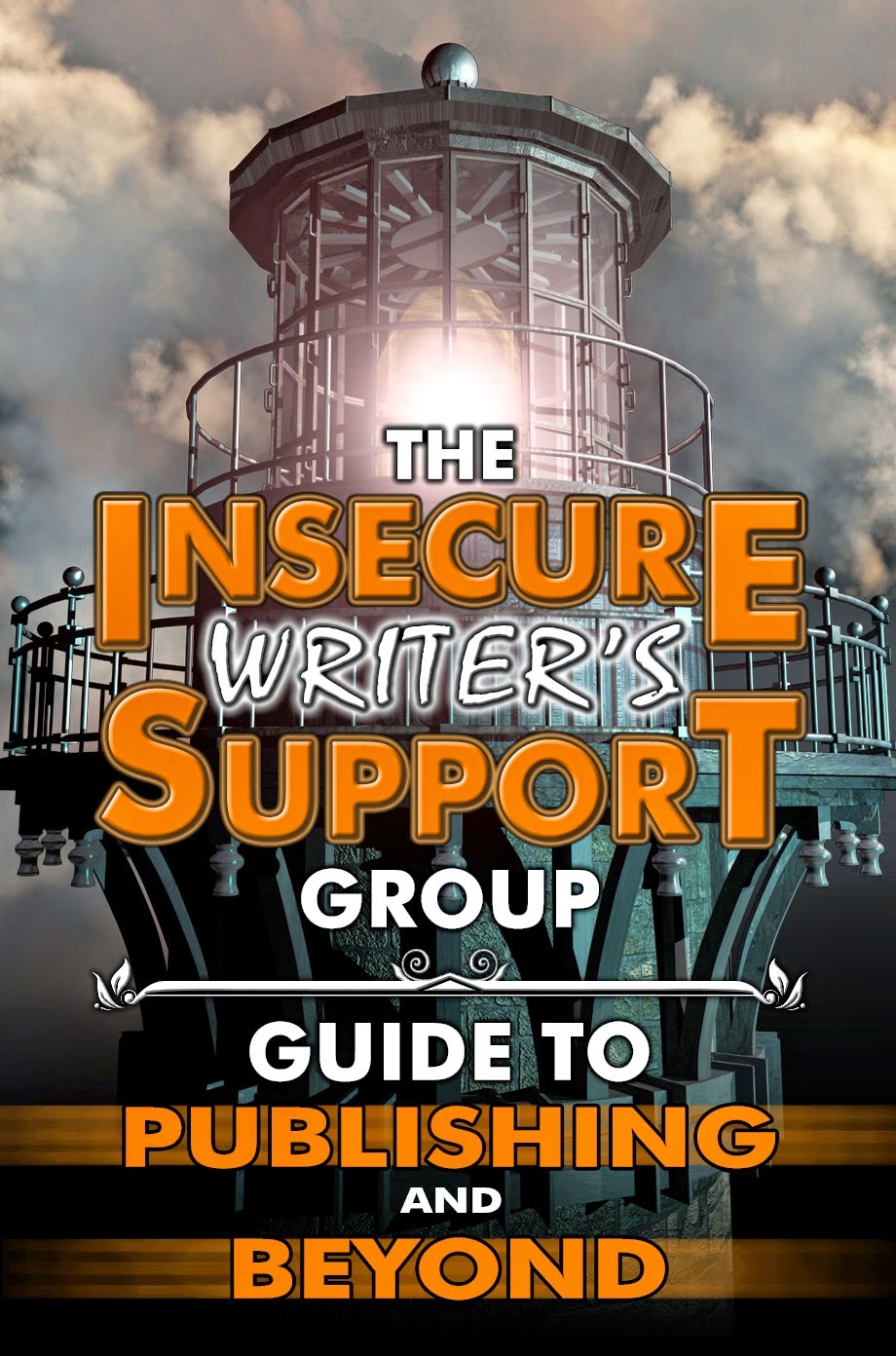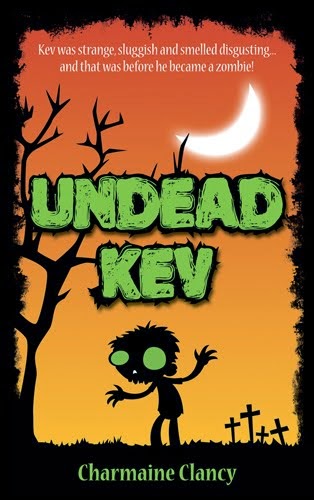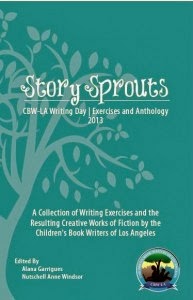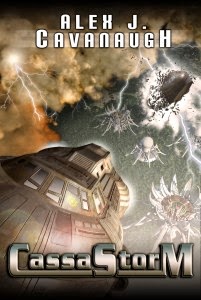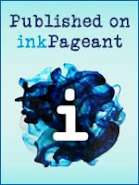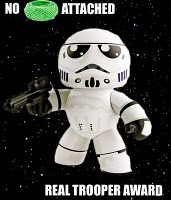Tired? I’m pretty wiped out. It’s been an intense month for blogging. I started off doing one or two posts a week in February and now I’ve done 26 in 30 days. That’s quite a leap. I had planned to do them in advance and have them scheduled ahead of time, but you know how that goes.
It was a great experience, and I’m very pleased with what I managed to scrape together — although, if I had planned things better I would have edited my posts to be more concise and focused.
I doubled the amount of followers and most of my posts got a fair amount of comments, leading to some interesting debates. Those of you that stopped by on a regular basis, thank you for responding to my thoughts and ideas. I’m sure traffic will fall off after the challenge finishes, but I hope some of you will continue to drop by. I tried to visit as many blogs as I could, I hope to keep that up as much as possible.
So what next?
















